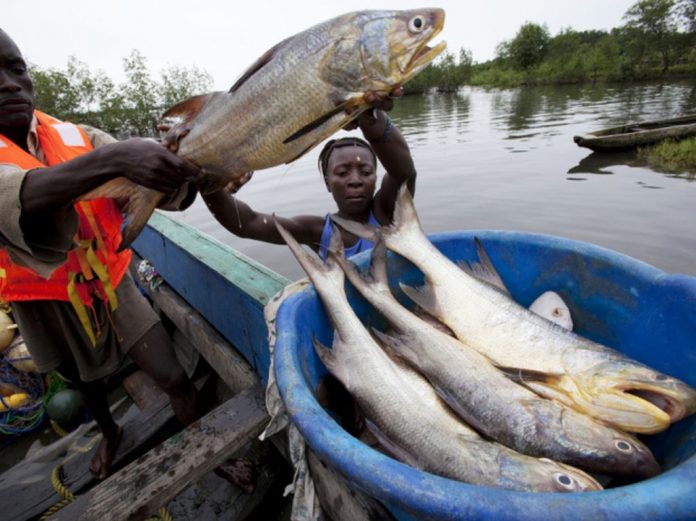By Amin Kef Sesay
Part 2 of “Worth More Than Gold And Diamonds…Government Must Pay More Attention To Fishing”
Fisheries observers are not law enforcement officers, although they are increasingly being required to ensure that rules and regulations are correctly implemented and to report any form of violation.
This function makes them vulnerable to bribery, threats of violence and actual physical abuse. How frequently this occurs is difficult to assess.
Fisheries observers are the “eyes and ears” of the sea, often working far from land for weeks or even months at a time in difficult and dangerous conditions, collecting the scientific information vital for management of fish stocks the world over – or rather, for those countries that have the means to develop and implement a fisheries observer program.
In order to manage fisheries in a sustainable way, managers need information – lots of it – on how much of each species was caught, the size and age of the fish, where it was caught, how much fishing effort it took to catch the fish, and also what was thrown away or caught unintentionally – the discards and bycatch levels which also impact on the functioning of the marine environment. Much fishing takes place far from land and the catch may be processed on board, frozen, packed and shipped off to distant markets. This is where fisheries observers come in.
Observer programs before now had mixed success with many reporting that it seriously floundered due to a lack of political commitment.
Learning from Namibia whose rigorous observer program began in 2002 and received Government commitment and long-term advice and financial aid from Norway to help train the hundreds of observers necessary to monitor Namibia’s fishing fleet, today Namibia runs a globally-respected observer program with observers on upwards of 70% of vessels.
Monitoring the activities of foreign vessels in the EEZs is central to Sierra Leone maximizing the benefits that it would get from her fisheries and marine resources. At the same time, regional cooperation is essential; with foreign tuna vessels often crossing several exclusive economic zones as they follow the stocks during a fishing trip, it is not practical to change observers each time a vessel crosses a national border.
An observer says that “every observer who has been doing it for very long has a story of being threatened or harassed at some point” although often this goes unreported due to fears for their job or of risking their safety on future trips.
Trawlers can afford to bribe and threaten an observer after being caught fishing illegally, including carrying out shark finning.
For monitors to do their work effectively without fear, one:
They must be well paid: They must be trained in how to identify, deal with and document any instances of interference (including bribery), intimidation or obstruction by the vessel crew, not less than two observers should be deployed per vessel for support especially on long trips More than anything, back-up support from fisheries authorities is essential.
That is why Sierra Leone should try to hire one or two helicopters and light surveillance planes for the SLA Air Force and Navy wings to enable them track all illegal unreported fishing activities in our waters, which is reported to be on the high side, thereby costing the country millions of dollars in lost revenue.




